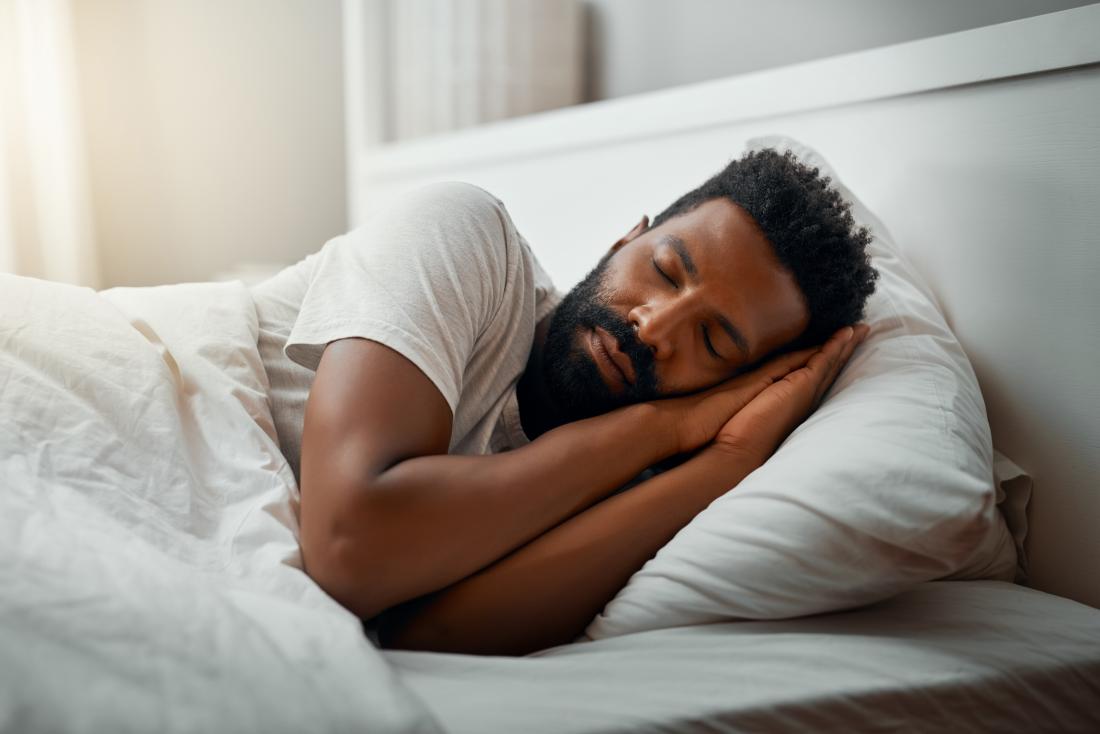Introduction: Can Xanax Help with Sleep?
Sleep problems are a common issue for many people, and finding an effective solution can sometimes feel like a never-ending quest. One medication that often comes up in discussions about sleep aid is Xanax (alprazolam). Originally prescribed for anxiety and panic disorders, Xanax has sedative effects that might make people wonder if it can help them fall asleep faster and sleep more soundly. But is it really a good idea to use Xanax for sleep? Let’s explore the role of Xanax in sleep management, its potential benefits, and risks. Xanax by mail overnight
What is Xanax?
An Overview of Xanax
Xanax is a medication that falls under the class of drugs known as benzodiazepines. It works by affecting the brain’s neurotransmitters, especially gamma-aminobutyric acid (GABA), which helps calm overactive brain activity. This calming effect is why Xanax is often prescribed to treat anxiety, panic attacks, and generalized anxiety disorder (GAD).
While Xanax is effective in managing anxiety, its sedative qualities can also cause drowsiness, leading some people to use it as a sleep aid. However, the fact that Xanax is not specifically designed for sleep makes its use for this purpose controversial.
Why Some People Turn to Xanax for Sleep
Individuals who struggle with both anxiety and sleep issues might find that Xanax helps them relax enough to sleep. Since anxiety is a common contributor to insomnia, calming the nervous system can help individuals fall asleep more easily. However, the long-term use of Xanax as a sleep aid is not recommended due to potential dependency and other risks.
How Does Xanax Work in the Body?
Mechanism of Action
Xanax works by enhancing the effects of GABA, an inhibitory neurotransmitter in the brain. This leads to a calming effect on the central nervous system, reducing anxiety and promoting relaxation. The sedative effect is why Xanax can cause drowsiness in some individuals, which is why it’s sometimes used off-label for sleep.
Short-Term Effects of Xanax on Sleep
For some people, taking Xanax can help them fall asleep faster and enjoy a deeper sleep in the short term. It might help ease racing thoughts, muscle tension, and other anxiety symptoms that prevent sleep. However, while it might seem effective at first, its long-term benefits and safety for sleep are questionable.
Is It Safe to Use Xanax for Sleep?
Short-Term Use
For occasional use, Xanax can be effective in helping individuals get to sleep, especially if anxiety is the root cause of their insomnia. However, it’s important to understand that Xanax is not a solution to the underlying causes of sleep issues. It should only be used as prescribed by a healthcare professional, and for short-term relief.
Long-Term Use and Risks
Using Xanax regularly for sleep is not recommended. Prolonged use of benzodiazepines like Xanax can lead to tolerance, meaning that the body becomes accustomed to the drug and higher doses are required for the same effect. This increases the risk of developing physical dependence, addiction, and withdrawal symptoms when the medication is discontinued.
Long-term use of Xanax Overnight Delivery With Fedex can also lead to cognitive impairments, memory issues, and a decreased ability to concentrate. Additionally, individuals may develop a psychological reliance on the drug, feeling like they cannot sleep without it.
Tolerance and Dependence
One of the most concerning risks of using Xanax for sleep is the potential for developing tolerance and dependence. As the body becomes accustomed to the drug, the initial sedative effect may lessen, causing users to take higher doses. This cycle can quickly lead to dependence, meaning the person feels they need the drug to function or sleep normally.
Alternatives to Xanax for Sleep
Prescription Sleep Aids
If you struggle with sleep issues and don’t want to rely on Xanax, there are other prescription sleep aids that are specifically designed for insomnia. These include medications like zolpidem (Ambien), eszopiclone (Lunesta), and ramelteon (Rozerem). These drugs are generally considered safer for long-term use compared to Xanax since they are designed to help with sleep rather than anxiety.
Cognitive Behavioral Therapy for Insomnia (CBT-I)
Cognitive Behavioral Therapy for Insomnia (CBT-I) is a non-drug treatment that has been shown to be highly effective for treating chronic insomnia. This therapy focuses on changing thoughts and behaviors related to sleep, helping people build healthy sleep habits and improve their overall sleep quality.
Natural Sleep Aids
If you’re looking for natural alternatives, several supplements and lifestyle changes can improve sleep without the need for prescription medication. These include:
- Melatonin supplements, which help regulate the sleep-wake cycle
- Valerian root, a herb known for its calming effects
- Magnesium, which can promote relaxation
- Lavender aromatherapy, which has been shown to improve sleep quality
In addition to these, ensuring good sleep hygiene (like maintaining a consistent sleep schedule, avoiding caffeine, and creating a relaxing bedtime routine) can go a long way in improving sleep naturally.
The Bottom Line: Is Xanax a Good Choice for Sleep?
Xanax can help people with anxiety or stress get to sleep in the short term, but it is not a safe or effective long-term solution for sleep problems. Its potential for dependence, tolerance, and addiction makes it unsuitable as a regular sleep aid. If you have insomnia, it’s important to explore other treatment options that focus on addressing the root causes of your sleep difficulties, whether it’s through prescription medications designed for sleep, therapy, or natural remedies.
If you’re considering using Xanax for sleep, it’s important to speak with a healthcare professional first. They can provide guidance on how to manage both anxiety and sleep problems safely and effectively.
FAQs
1. Can Xanax be used for sleep disorders?
While Xanax may help with sleep in the short term, it is not recommended for long-term use due to the risk of dependence, tolerance, and other side effects.
2. What are the side effects of using Xanax for sleep?
Side effects of Xanax may include drowsiness, dizziness, memory problems, and impaired coordination. Long-term use can lead to more serious issues like cognitive impairments and addiction.
3. How long does Xanax last in the body?
Xanax typically stays in the body for about 12-15 hours, depending on the dosage and individual metabolism. However, its sedative effects are usually felt for a shorter period.
4. Are there safer alternatives to Xanax for sleep?
Yes, other medications designed specifically for sleep, such as zolpidem or eszopiclone, are generally safer for long-term use. Cognitive Behavioral Therapy for Insomnia (CBT-I) is another effective, non-drug solution.
5. Can natural remedies help with sleep without the side effects of Xanax?
Yes, natural remedies such as melatonin, valerian root, and magnesium, as well as proper sleep hygiene, can improve sleep without the risks associated with medications like Xanax.












